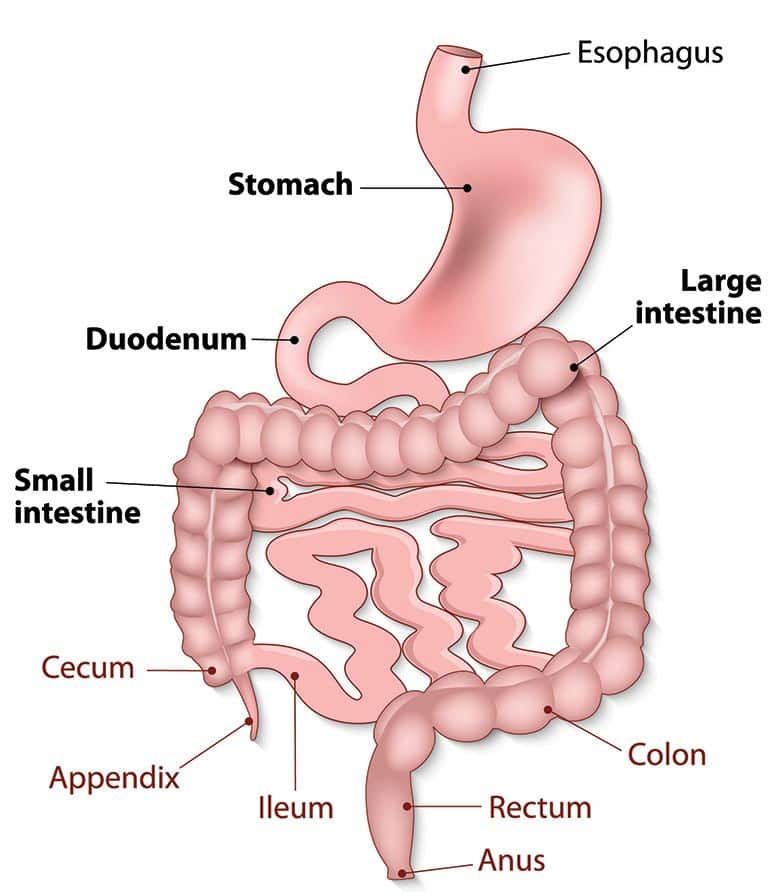The gastrointestinal (GI) system, often referred to as the digestive system, is a complex network of organs responsible for the ingestion, digestion, absorption, and elimination of food and waste products. Key components of the gastrointestinal system include the mouth, esophagus, stomach, small intestine, large intestine (colon), rectum, and anus, as well as accessory organs such as the liver, gallbladder, and pancreas.
Disorders affecting the gastrointestinal system can arise from various factors, including dietary habits, infections, inflammatory conditions, autoimmune diseases, genetic predispositions, medications, and lifestyle factors. These disorders can lead to a wide range of symptoms and complications, including abdominal pain, bloating, diarrhea, constipation, reflux, bleeding, and malabsorption.
One common gastrointestinal disorder is gastroesophageal reflux disease (GERD), a chronic condition characterized by the reflux of stomach acid and contents into the esophagus, leading to symptoms such as heartburn, regurgitation, chest pain, and difficulty swallowing. Management of GERD typically involves lifestyle modifications, such as dietary changes and weight management, along with medications to reduce gastric acidity and promote healing of the esophageal mucosa.
Inflammatory bowel disease (IBD), including Crohn’s disease and ulcerative colitis, represents another significant group of gastrointestinal disorders characterized by chronic inflammation of the digestive tract. Symptoms of IBD may include abdominal pain, diarrhea, rectal bleeding, fatigue, weight loss, and extraintestinal manifestations. Treatment for IBD often involves medications to control inflammation, dietary modifications, and, in some cases, surgical interventions to remove affected portions of the intestine or create an ostomy.
Irritable bowel syndrome (IBS) is a functional gastrointestinal disorder characterized by abdominal pain or discomfort, bloating, and changes in bowel habits without evidence of organic disease. IBS is thought to be multifactorial in nature, with contributions from altered gut motility, visceral hypersensitivity, and psychosocial factors. Management of IBS typically focuses on symptom relief through dietary modifications, stress management techniques, and medications targeting specific symptoms such as constipation or diarrhea.
Gastrointestinal cancers, including colorectal cancer, stomach cancer, esophageal cancer, pancreatic cancer, and liver cancer, are significant contributors to cancer-related morbidity and mortality worldwide. Screening tests such as colonoscopy, fecal occult blood testing, and upper endoscopy can help detect gastrointestinal cancers at an early stage when treatment is most effective. Treatment options for gastrointestinal cancers may include surgery, chemotherapy, radiation therapy, targeted therapies, and immunotherapy, depending on the type and stage of cancer.
Infectious gastroenteritis, commonly known as the stomach flu, is another prevalent gastrointestinal disorder characterized by inflammation of the stomach and intestines due to viral, bacterial, or parasitic infections. Symptoms of gastroenteritis may include nausea, vomiting, diarrhea, abdominal cramps, fever, and dehydration. Treatment typically involves supportive care, including fluid replacement, electrolyte repletion, and, in some cases, antidiarrheal medications or antimicrobial therapy for specific pathogens.
Overall, maintaining gastrointestinal health requires a balanced diet, regular physical activity, adequate hydration, and timely medical evaluation and management of gastrointestinal symptoms or concerns. By promoting awareness, education, and access to comprehensive gastrointestinal care, it is possible to improve outcomes and enhance the overall well-being of individuals affected by gastrointestinal disorders.









